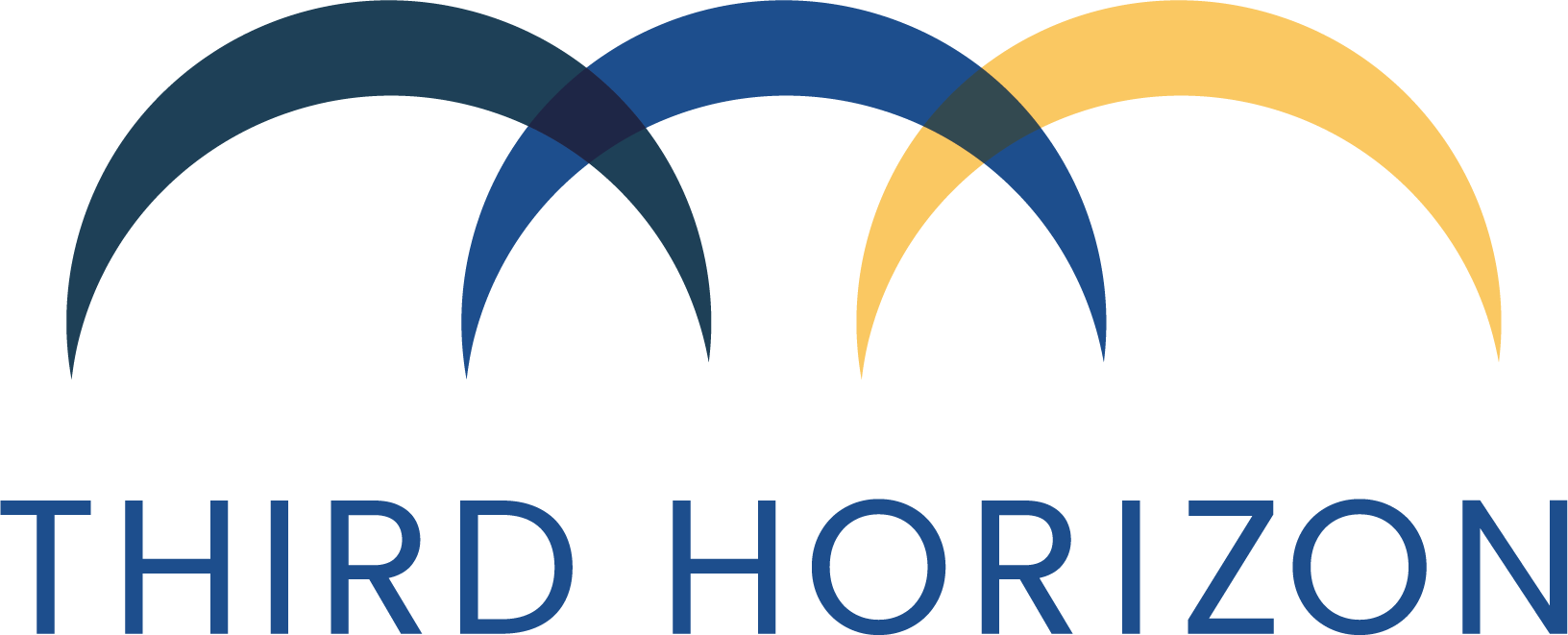- An effort to get the Food and Drug Administration (FDA) to pull a widely used prescription drug monitoring software package off the market is stoking a broader debate over how much technology is influencing opioid prescribing. The Center for U.S. Policy says Bamboo Health’s NarxCare should be classified as a medical device and subject to regulation because of the way it helps doctors and other providers decide if a patient should get painkillers, but Bamboo Health says NarxCare is “expressly exempt from FDA regulation” because it does not make clinical recommendations and just helps providers make treatment and dispensing decisions. How the FDA responds could set an important precedent at a time when the agency is feeling increasing pressure to manage the overdose crisis and keep up with the rise of technology in health care. (Article here)
- Digital primary care startup K Health picked up $59 million from its investors along with one of the largest academic medical centers in California, Cedars-Sinai, to build out its AI-powered medical services. K Health aims to reinvent primary care by providing patients remote access to health care services through their smartphones. Launched in 2016 and rolled out into the U.S. market in 2018, K Health developed a chat function that uses artificial intelligence to suggest potential diagnoses for consumers who enter symptoms and also takes into account the user’s medical history, age and gender. Its platform sifts through the data of millions of patients and suggests a medical condition and will connect patients with a doctor or nurse, if needed. (Article here)
July 31, 2023
Health IT | Tea Leaves
